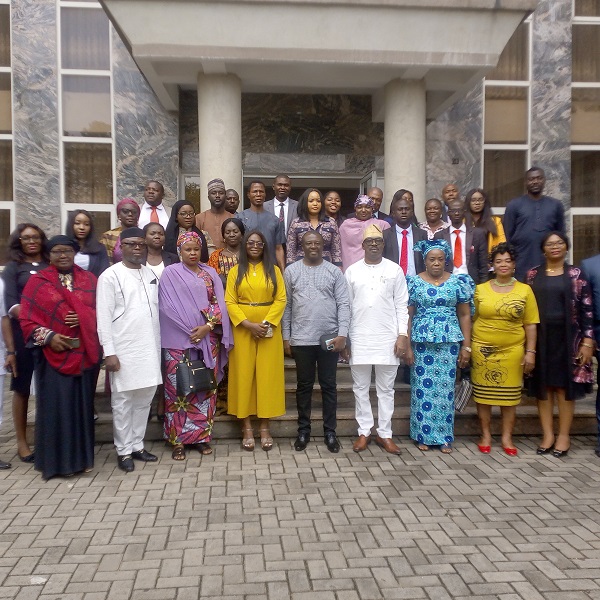
Stakeholders in the biosafety sector have begun the review and validation of Nigeria’s guidelines on genetically modified (GM) fish, animals, trees and mosquitoes.
Speaking during the opening ceremony of the stakeholders review of Draft National Biosafety Guidelines and training on stewardship of GM products in Nigeria workshop convened by the National Biosafety Management Agency (NBMA) in collaboration with African Union Development Agency (AUDA-NEPAD), billed to hold from October 11 to 14, 2022, in Abuja, the NBMA director-general, Dr. Rufus Ebegba underscored the importance of biotechnology adoption for national development.
According to him, the use of modern biotechnology as a scientific tool is key to the improvement of Nigeria’s economic system and a strong regulatory system is important to drive the process.
The NBMA boss posited that the guidelines will help NBMA processes in biosafety regulation, as well as guide stakeholders on matters relating to biosafety. He said the use of modern, scientific biotechnology will handle the challenges in human lives and environment.
“NBMA has a drive. We are great servants of our country [and] have given ourselves a target of where we want to be in the next five years. We want to be on top of Africa in biosafety.
“We will continue to explore our knowledge, skill and professionals, so that we can have instruments to guide our government and ensure the safe use of biotechnology for national development.”
He assured Nigerians that the agency will continue to ensure the safe application of modern biotechnology, so that Africa can prosper economically, develop and solve various diseases and challenges affecting the continent.
In his remarks, the representative of AUDA-NEPAD, the principal programme officer, African Biosafety Network of Expertise (ABNE), Samuel Timpo said Nigeria has been an example to other Africa countries.
“As [the] African Union we believe science, technology and innovation will transform our economy and society. Regulations are key for STI to thrive,” he stated.
Timpo further stated the six core values in Africa, especially in Nigeria as, respect for diversity and teamwork, think [of] Africa above all, transparency and accountability, integrity and impartiality, efficiency and professionality and information and knowledge-sharing.
He added that all the core values are found in Nigeria’s biosafety sphere to improve lives of the people.

